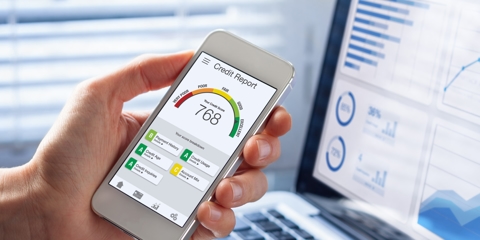Normally, when a person finds out he or she is receiving an inheritance, there is excitement about the money and plans about the best use for it. However, if the person has recently filed for bankruptcy or is contemplating bankruptcy, receiving an inheritance may not be good news.
If the inheritance is a huge one, it may be enough to pay off the debts and leave a nest egg left, and there may be no need for a bankruptcy. If the debtor’s debts are bigger than the inheritance, the inheritance may be taken in order to pay the debts, depending on the type of bankruptcy involved.
If you have filed a Chapter 7 bankruptcy, any inheritance you have gotten is a part of your estate, and you have an obligation to report the windfall to the bankruptcy court. Once the bankruptcy is discharged, it doesn’t mean that you are then able to immediately inherit. Instead, six months (or 180 days) must have passed between the date you filed for bankruptcy and the date of death of the person from whom you are inheriting. If you file for bankruptcy, and 179 days later your long lost aunt leaves you $500,000, the Trustee can take those assets to pay your creditors.
If you receive an inheritance in a Chapter 13 bankruptcy the proceeds will be treated differently. In a Chapter 13 bankruptcy, you get to keep your property and have to pay a portion of your debts back through a payment plan. If you have filed a Chapter 13 bankruptcy and you receive an inheritance, the inheritance may increase what you have to pay into your repayment plan. How much you have to pay also depends on when your inheritance was received.
The timing of the inheritance also matters in a Chapter 13 bankruptcy. By law, in a Chapter 13 bankruptcy you must pay unsecured creditors at least as much as they would have received in a Chapter 7. Therefore, if your inheritance was received within 180 days of filing, the Trustee will require you to pay your unsecured creditors at least an amount equal to the nonexempt portion of your inheritance. However, even if your inheritance is received over 180 days after filing for a Chapter 13 bankruptcy, the Trustee may argue that you must pay the inheritance money into your repayment plan. Courts that have ruled on this issue have reached different results.
If you have filed or are planning on filing for bankruptcy soon, and you anticipate that a relative or friend may pass away soon and leave you an inheritance, you should speak with a bankruptcy attorney about your options. The person who may leave you money may be able to shelter your inheritance in some type of trust. You may choose to postpone the bankruptcy filing, or file immediately, depending on the situation.
Call the Atlanta bankruptcy attorneys at Holston & Huntley. We can help advise you on how to use the bankruptcy laws to your advantage, and how an inheritance will affect your situation. Call us today to learn more or to schedule your free consultation.





